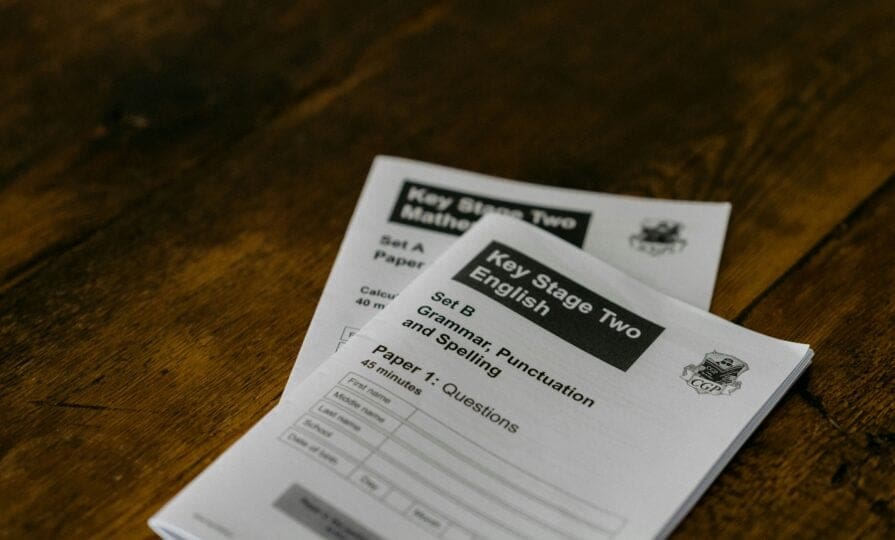NAHT urges govt to review SATs after campaigners raise concerns
This letter highlights long-standing concerns over how primary assessments affect pupils with additional needs and the extent to which tightly timed papers reflect children’s true progress

Register to get 1 free article
Reveal the article below by registering for our email newsletter.
Want unlimited access? View Plans
Already have an account? Sign in
The National Association of Head Teachers (NAHT) has called on ministers to reassess the role of statutory assessments after campaigners delivered an open letter to the education secretary arguing that current SATs tests “actively harm” children with special educational needs (SEND).
The letter was supported by actor Anna Maxwell Martin and 22 parent groups.
Story Stream: More on National Association of Head Teachers
- NEU and ASCL to formally support NAHT’s legal action against Ofsted
- NAHT warns Welsh budget ‘rollover’ risks deepening funding crisis
- Union warns Welsh teacher incentives overlook workloads
- School leaders warn of possible industrial action over Ofsted plans
- 74% of schools in England have faced cuts since 2010, data finds
According to the school leaders’ union, this letter highlights long-standing concerns over how primary assessments affect pupils with additional needs and the extent to which tightly timed papers reflect children’s true progress.
Sarah Hannafin, head of policy at NAHT, said: “There is an urgent need for the government to rethink the value and purpose of statutory assessments for schools, parents and children. Strictly timed test conditions get in the way of some pupils properly demonstrating what they can do and the progress they have made, particularly children with special educational needs (SEND).”
“If statutory tests are here to stay, they must be designed to be accessible for the vast majority of pupils, they should recognise the attainment and progress of all children, and they should not damage children’s confidence or cause distress.”
She added: “Improvements could include making time limits more flexible – many pupils may be perfectly capable of completing a task correctly, but it may just take them longer than their peers. Adaptive tests, where difficulty is adjusted to reflect the performance of each pupil, would create a more positive experience for all children.”
A survey of school leaders carried out by the union last year found limited confidence in the role of primary tests. Just 12% of respondents said they believed the assessments supported children’s progress, while 8% felt they informed future teaching. Only 28% thought the tests offered useful information for parents, and 94% said they had a negative effect on pupils’ mental health and wellbeing.
Hannafin also supports changes to the way SATs outcomes are presented and reported, as simplistic, overarching labels mean that “the progress of too many children is ignored and can send the wrong message to pupils, impacting their confidence and motivation.”







